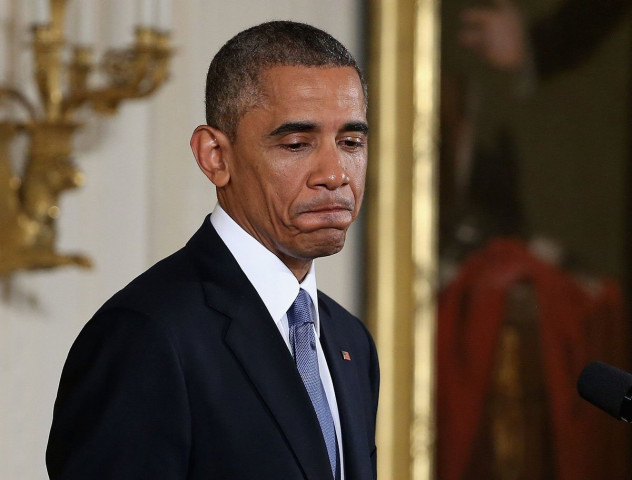Mission accomplished?: Plagued by doubts, US exits Afghan war
There is mostly regret and fatigue among US forces as they fear a repeat of Iraq

Instead of a sense of triumph at the close of the longest conflict in America’s history, there is mostly regret and fatigue over a war that claimed the lives of more than 2,300 American troops and cost more than a trillion dollars.
US commanders insist the Afghan security forces will hold the line in a stalemate with the Taliban. But some officials fear a repeat of Iraq, in which an American-trained army virtually collapsed in the face of a militant onslaught.
A large majority of Americans now say the war was not worth it, and only 23% of US soldiers believe the mission has been a success, according to recent polls. But when it began, the war enjoyed overwhelming support and victory seemed within reach.
Less than a month after al Qaeda’s attacks of September 11, 2001, the then president George W Bush captured the nation’s sense of righteous anger as he announced military action in Afghanistan in a televised address in October.

The goal was to “disrupt the use of Afghanistan as a terrorist base of operations,” Bush said, and to attack the Taliban regime that had hosted al Qaeda and refused to hand over its leaders.
US objectives were met with stunning speed. Al Qaeda training camps were wiped out and Northern Alliance fighters — backed by US-led air strikes and a small number of American special forces — toppled the Taliban regime within a month. For the United States, the war seemed all but over.
But the Taliban eventually regrouped from safe havens, even as Washington’s attention shifted to a new war in Iraq. The Taliban grew into a virulent insurgency that exploited resentment of a corrupt, ineffective government in Kabul.
The US-led contingent steadily expanded — while the goals of the war became increasingly ambitious as well. The results were often disappointing. International aid helped build roads and schools, but it also was blamed for fueling rampant corruption, with some of the money ending up with the insurgents.
Attempts to broker peace talks with the Taliban in recent years came to nothing. Critics say Washington missed a chance at cutting a deal early in the war, when the insurgents were on the retreat.
Fighting the elusive Taliban proved frustrating for Western troops, who struggled to grasp the language and tribal rivalries of an alien culture.
Commanders appealed for more troops. And Washington kept sending forces “in the vain hope that something might somehow improve,” wrote retired general Daniel Bolger, author of “Why We Lost.”
Having reached a peak of more than 100,000 US forces, the American presence is down to about 11,000 troops, now that Nato’s combat mission is over.
The intervention deprived al Qaeda of a sanctuary, ousted the Taliban from power and created an Afghan army that could make it difficult for the insurgents to return to their once dominant role, analysts said. But al Qaeda — even after its leader Osama bin Laden killed — has spawned cells elsewhere and inspired new extremists in Syria and Iraq, he added.
US officials hope a huge investment in the Afghan security forces will pay off, but already the insurgents have clawed back control in some areas in the south where American troops have pulled out. The newly created security force, riddled with ethnic divisions, remains a question mark.
Published in The Express Tribune, December 28th, 2014.



















COMMENTS
Comments are moderated and generally will be posted if they are on-topic and not abusive.
For more information, please see our Comments FAQ